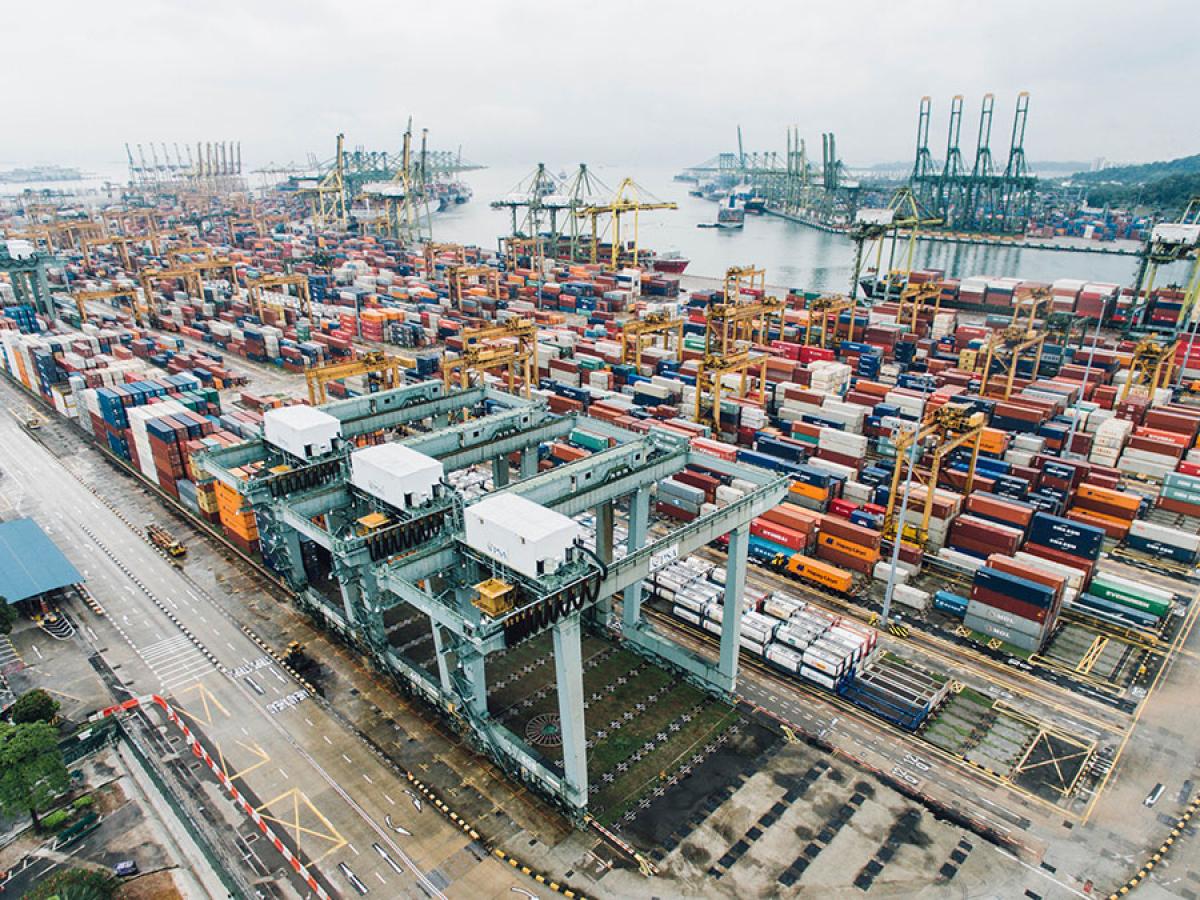Our Research
Research represents an integral part of the School of Economics and Public Policy, and we proudly explore a diverse range of topics and areas, including big data analyses, behavioural and experimental analysis, and applied economics in resources, agriculture, development, and trade. The school is recognised as ‘Above World Standard for Research Excellence'.
Research themes
Given the inherent interactions between economic research themes, we aim to identify our research focus areas by purpose and have highlighted some of these below.
-
Economic and public policy

Research in this area aims to understand the overall state of the economy and how it can be influenced by government intervention. The research focuses on the identification of the factors influencing income, employment levels, and welfare. It also investigates how government policy should be designed in an increasingly globalised world. Emphasis includes monetary policy, tax policy, education, poverty and welfare, delivery of public services, health economics, and economic development.
-
Economic growth, development and trade

Research explores the disparities observed in the level of wealth and in the rate of economic growth among nations. Our research focuses on improving the well-being of the poor by understanding and analysing the role of international trade and technological changes. The research contributes to the fields of macroeconomics, development economics, international trade, and economic history.
-
People, behaviour and choices

Our research in this area focuses on understanding the choices made by individuals and businesses while accounting for own preferences, self-interest, limited resources, and asymmetric information. The areas of specialisation include behavioural economics, mechanism design, experimental economics, game theory, social networks, and social choices. The behavioural economics group hosts the experimental laboratory (AdLab).
-
Agri-food, water and environmental systems

Our research addresses economic, policy, agribusiness and social issues affecting global food systems, targeting the following research areas: food policy; international development; food system innovation; water policy; healthy societies; and resilient landscapes. In addition, we connect relevant partners ranging from industry organisations and enterprises to government institutions and policy makers. This improves translation and uptake of research.
-
Econometric methods and applications

Our research in this theme uses state-of-the-art econometric and statistical techniques to identify and quantify various socio-economic models. Topics of emphasis include the identification and estimation of treatment effects models, social networks, and trade models; and the evaluation of economic, education, health and environmental policies. The research also encompasses the development of new statistical methods to guide governments and businesses in the formulation of effective environmental and economic policies based on the exploitation of large datasets.
Wine Economics Research Centre
Established in 2010 to promote and foster its growing research strength in the area of wine economics, and to complement the University's long-established strength in viticulture and oenology research.
Geoff Harcourt Visiting Professorship
The Geoff Harcourt Visiting Professorship will annually invite a global leader in a field of economics to share their knowledge and experience not only with economic and business students and staff but also with the business community.
Seminars and workshops
The School of Economics and Public Policy hosts regular seminars and workshops on a wide range of economics and cross-disciplinary topics.
Our researchers
Learn more about our researchers involved in:
Working papers
The School of Economics and Public Policy is committed to research excellence and has cultivated strong and diverse research.
Interested in postgraduate research?
We have strong research record and offers a supportive and collegial learning environment that enables research students to receive individualised attention and interact closely with academic staff.
All higher degree research students are supervised to ensure the highest quality research outcome that is internationally competitive, including our own staff, supervisors from other Faculties within the University and experts from other universities in Australia and abroad.



